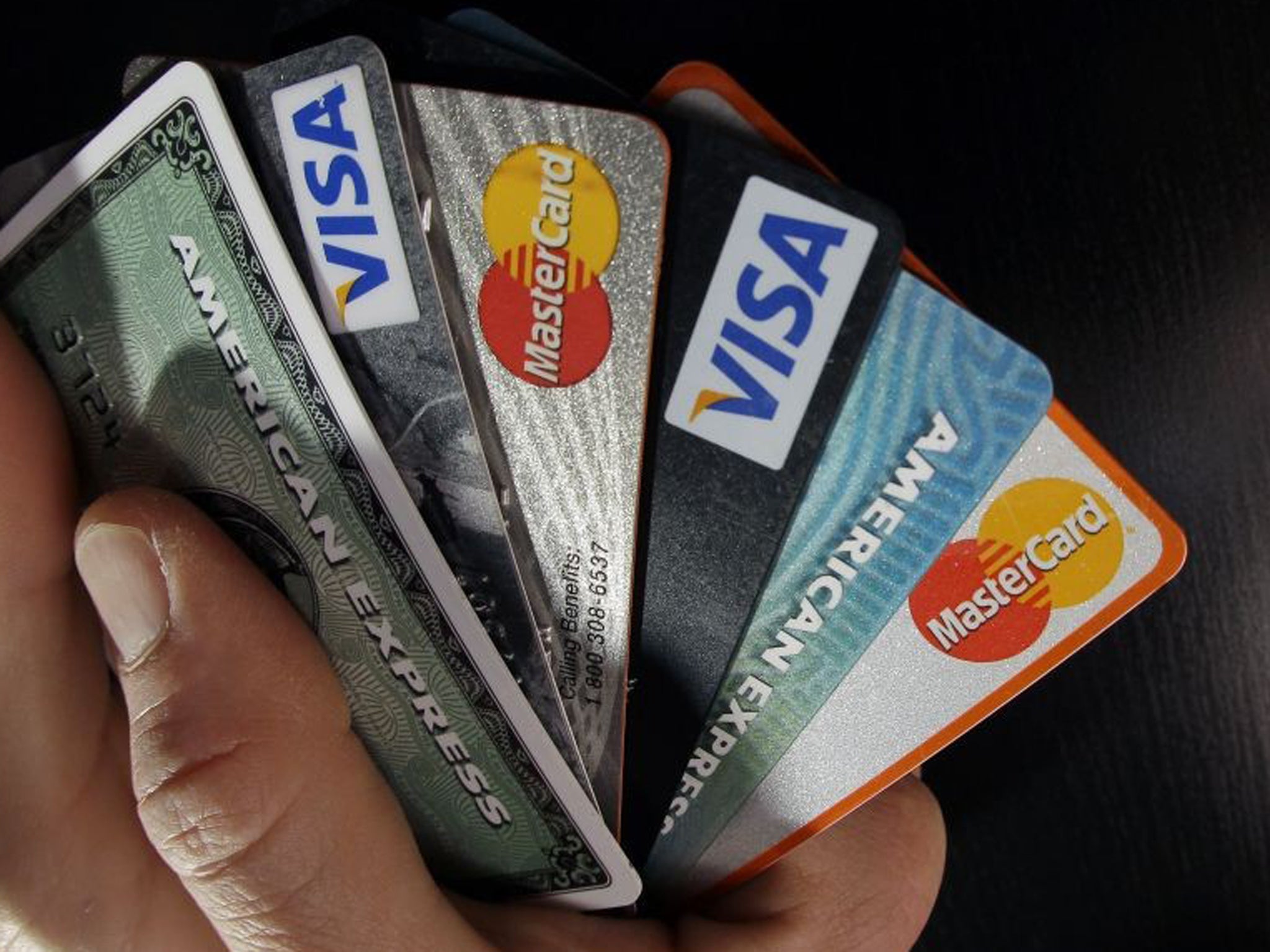Paying by card rarely adds up as spreading the cost increases it
A short-term loan product should not push people into long-term debt

Your support helps us to tell the story
From reproductive rights to climate change to Big Tech, The Independent is on the ground when the story is developing. Whether it's investigating the financials of Elon Musk's pro-Trump PAC or producing our latest documentary, 'The A Word', which shines a light on the American women fighting for reproductive rights, we know how important it is to parse out the facts from the messaging.
At such a critical moment in US history, we need reporters on the ground. Your donation allows us to keep sending journalists to speak to both sides of the story.
The Independent is trusted by Americans across the entire political spectrum. And unlike many other quality news outlets, we choose not to lock Americans out of our reporting and analysis with paywalls. We believe quality journalism should be available to everyone, paid for by those who can afford it.
Your support makes all the difference.Are you a good credit card customer? Do you enjoy the convenience of paying with plastic wherever you go and then pay off the amount in one easy go at the end of the month?
If that’s you, the plastic card companies hate you. Even though they make a decent income every time you flash the plastic – by charging retailers a fee – that’s not enough for them.
In fact, despite marketing the cards as a convenient way to pay, they really want you to get into debt. Not uncontrollable debt. They’re responsible lenders, you see, and so will contact people who miss payments and do what they can to help them get back on their feet financially, such as putting them in touch with debt charities.
No, the debt they want you to get into is just enough so that you can’t really afford to clear the outstanding balance each month. Then, and only then, can credit card companies really cash in on you with mounting interest charges.
But anyone who only repays a minimum amount back on their credit card is at risk of falling into a disastrous debt spiral where their debts become unaffordable and their finances collapse into chaos.
According to the StepChange debt charity, credit card debt is the single biggest type of problem debt. Two thirds of the charity’s clients have at least one card and their average debt is more than £8,000. It says that last year, 14 million people suffered a shock to their income or a change in circumstances and 4.5 million of them used credit to cope.
“People who use credit to cope are 20 times more likely to fall into problem debt than those who don’t,” said Mike O’Connor, chief executive of StepChange. “We see too many credit users falling into financial difficulty and more is needed to ensure that what should be a short-term product does not push people into unaffordable long-term debt.”
So how many credit card users are at risk? Bear in mind that around three out of five adults have at least one credit card, and there is an estimated £61bn in outstanding balances, so we’re not talking about just a few people.
Around two million credit cardholders are currently in arrears or have defaulted, according to figures published last week by the Financial Conduct Authority. Meanwhile, a further two million people are in persistent levels of debt plus 1.6 million more who only make the minimum payments on their debt each month.
Of those 5.6 million how many do the credit card companies try and help? Just the two million who’ve stopped paying. There’s a simple reason: they’ve become unprofitable so lenders want to help them find ways to get their finances back on track so they can afford to pay the interest charges and penalties.
It’s called boosting profits or increasing shareholder value. Meanwhile the 3.6 million on the financial edge get no help as credit card companies make the maximum profits from their precarious situations. Is that right or fair? Of course not – and the City watchdog agrees. In a damning report, the Financial Conduct Authority said “the credit card market could potentially work better”.
It has called for measures to give consumers more control over credit limits and utilisation, and measures to encourage consumers to pay off debt quicker when they can afford to. It has also asked firms do more to identify consumers who may be struggling to repay and to take action earlier to help them manage their repayments.
MoneySavingExpert Martin Lewis said it’s time to scrap minimum repayments that many people rely on but that mean even quite small debts can take years to clear as interest keeps climbing.
“Minimum repayments are dangerous as they are based on a percentage of what is owed and only just service the interest each month,” he said. “This locks people into repaying interest for years; and many who do this are unable to shift to cheaper deals meaning costs snowball.”
If you’re planning to use credit cards this Christmas, only spend what you know you can afford to repay. You’ll cut the credit card companies’ massive profits while cutting the chances of you slipping into debt problems in the future.
Join our commenting forum
Join thought-provoking conversations, follow other Independent readers and see their replies
Comments